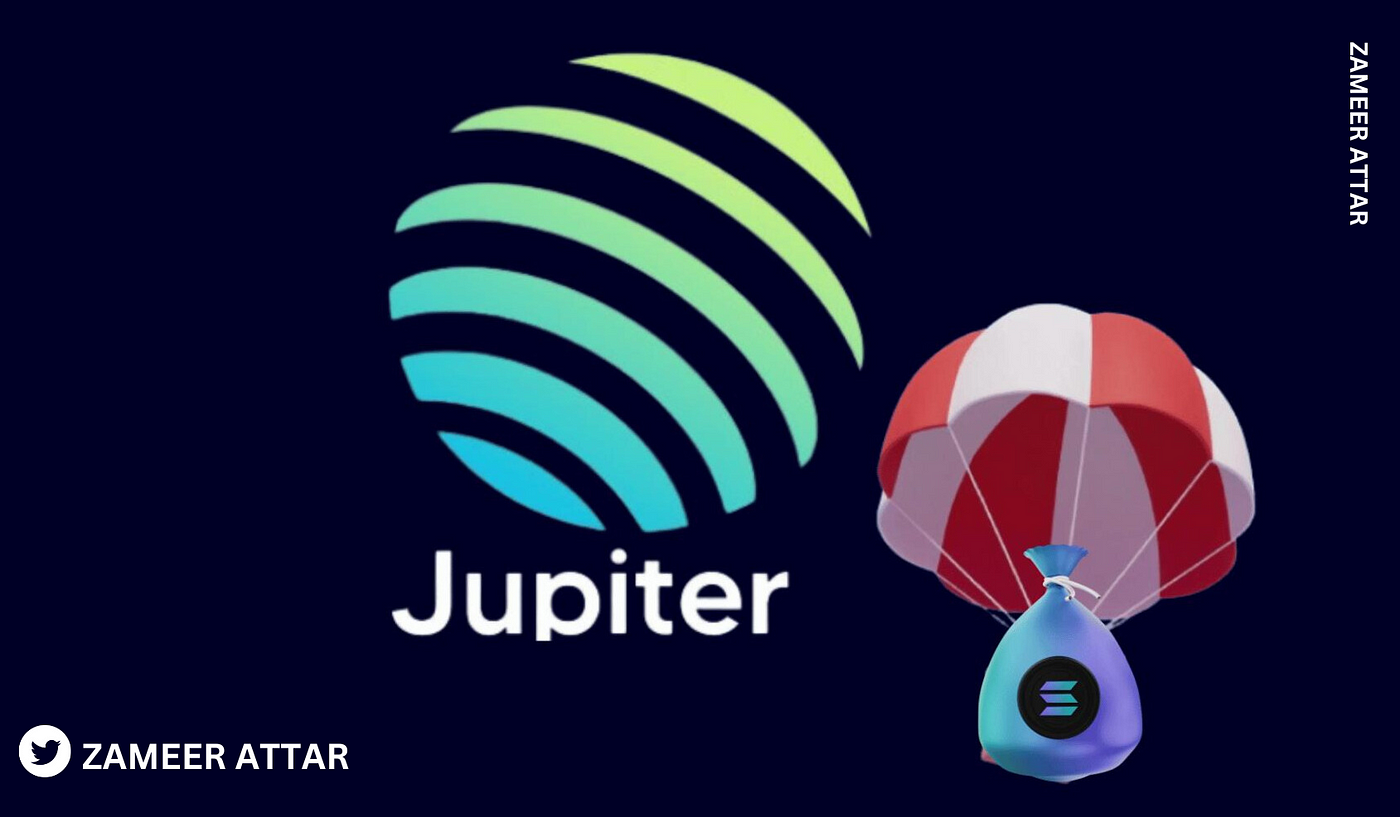The recent token airdrop on the Solana (SOL) blockchain marked a significant event, as Jupiter executed one of the largest airdrops in the network’s history. Valued at approximately $700 million, Jupiter distributed its JUP token to nearly one million wallets. The token’s launch, which commenced at 10 a.m. ET, saw early bids at $0.41, escalating to $0.72 by press time, yielding a fully diluted market cap surpassing $6 billion.
What stood out during this event was not only the substantial value of the JUP token but also the commendable performance of the Solana blockchain itself. Despite the massive activity surrounding JUP, Solana demonstrated remarkable stability, efficiently processing claims and trades on decentralized exchanges (DEXs).
While the airdrop witnessed a generally smooth execution, it wasn’t without minor hiccups. Some Remote Procedure Call (RPC) nodes, acting as intermediaries between wallets and the network, faced challenges coping with user demands, particularly in the initial 30 minutes of the airdrop. Validators, discussing the event on Solana’s Discord server, acknowledged that while the consensus layer held up well, the overall user experience during the initial phase was less than optimal.
Within the first hour of the launch, over 20% of the 1 billion JUP tokens allocated for the airdrop had been claimed, according to a Flipside dashboard. Notably, Jupiter allocated a significant portion of its tokens for distribution to users who engaged with its routing service, a key player in on-chain swaps on Solana.
Jupiter’s strategic approach to token distribution involved careful planning, including earlier airdrops such as mockJUP and WEN, serving as valuable tests for designs related to on-chain liquidity pools and the “Launchpad” infrastructure named LFG. The January launch was deemed a success, with even smaller traders receiving substantial token rewards.
The minimum payout for the airdrop stood at 200 JUP, equivalent to around $140 at press time, providing an unexpected windfall for participants. Additionally, validators, particularly those leveraging the Jito-Solana client, reaped substantial rewards through maximal extractable value (MEV) priority fees. George Harrap, co-founder of Solana data service Step Finance, emphasized the lucrative nature of MEV fees for validators during the airdrop, highlighting the role of these few hundred validators in optimizing arbitrage trades.



